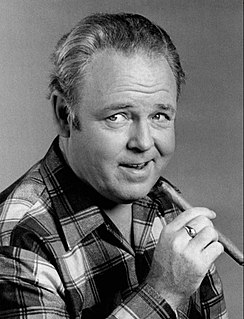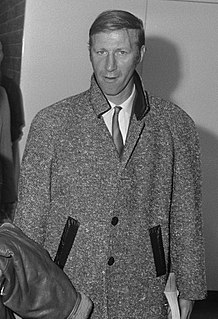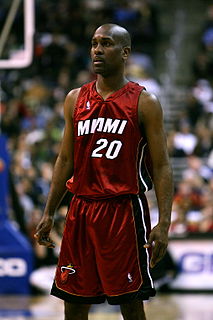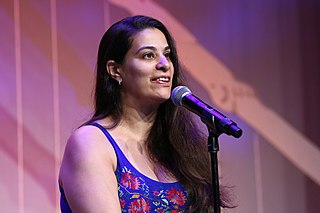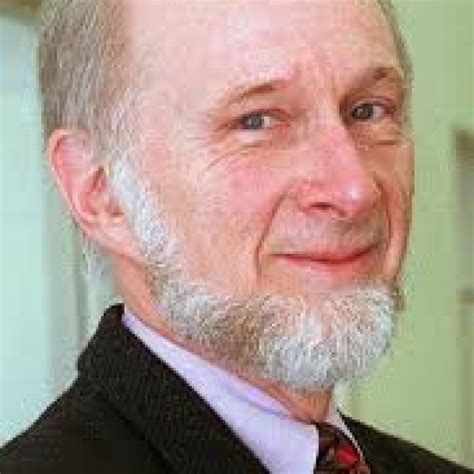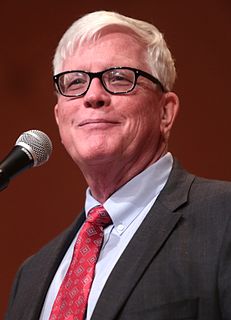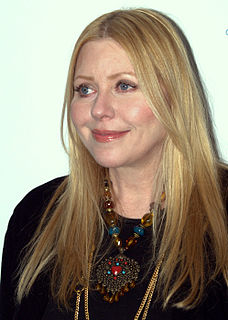A Quote by Ken Kesey
I used to think we were going to win in the '60s. Nixon went out and I thought we won.
Related Quotes
I thought a lot about Nixon's personal history and the changes in America during his lifetime and tried to craft stories, which I thought reflected some of his personal history but also the backdrop of a changing America. Nixon grew up in a strict Quaker family. The idea of the American Dream, of hard work and not much fun, was ingrained in Nixon as a child, but curiously so was a love of music. Nixon himself was a pretty good piano player. So it's the contradictions that interest me, as I think we all have them.
I couldn't help but be struck that this guy I had thought was the embodiment of everything wrong with American politics, a lot of his domestic policy was mind-numbingly, head-spinningly to the left of Obama's. It was under Nixon that the EPA was created. It was under Nixon that OSHA was created. Under Nixon that the Clean Air and Clean Water Acts were passed.
During the '60s, I think, people forgot what emotions were supposed to be. And I don't think they've ever remembered. I think that once you see emotions from a certain angle you can never think of them as real again. That's what more or less has happened to me. I don't really know if I was ever capable of love, but after the '60s I never thought in terms of 'love' again.
In a different moment, in the 60s and 70s, I did believe we were going to succeed - that we were going to create a revolution, that America was going to be a completely transformed nation state and that there would be an amazingly different set of beliefs; that this country would reflect. And I thought that that was the fulfillment of the American democratic dream and I believed in it passionately.


